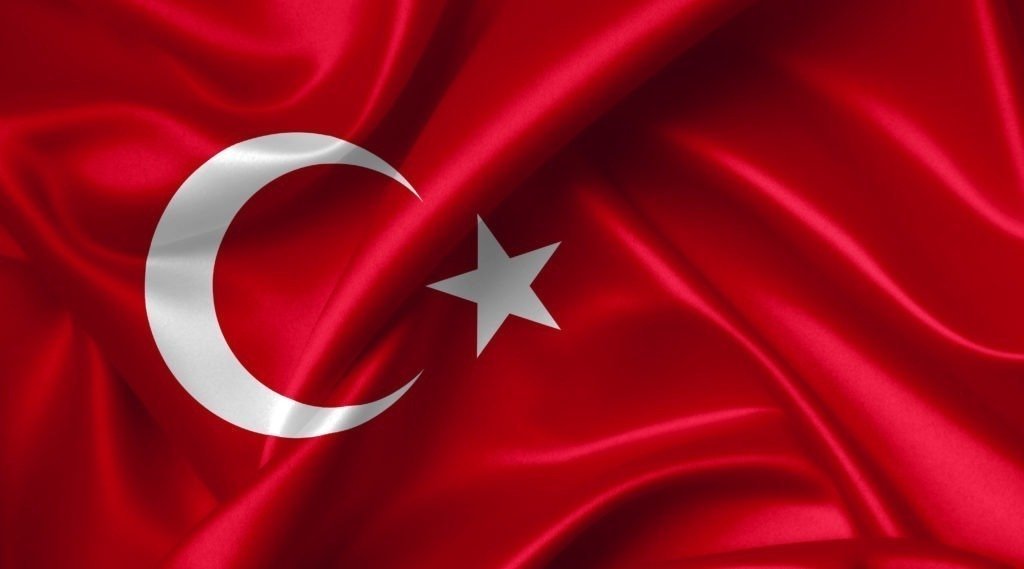
Türkiye
The Modernization Of The Customs Union Agreement Between The EU & Türkiye
What is the rationale for upgrading the EU-Türkiye Customs Union? What new areas (ie agriculture) should this upgraded agreement cover?
The European Union is the number one trade partner of Türkiye and Türkiye is the 6th trade partner of the EU. For such a relation, the Customs Union agreement, signed 26 years ago, is outdated and non-responsive to many of today's commercial demands. The modernization will ease the hesitations of foreign investors arising from geopolitical tensions and will provide an active communication channel between the EU and Türkiye to promote the EU's key values, whose adherence will be essential for Türkiye's membership in the EU. Through a Customs Union upgrade, current bottlenecks, such as transport quotas and other trade restrictions can be alleviated and Türkiye will become more attractive to European and global supply chains, creating a more favorable investment environment for the supply industry - this is also of vital importance for the EU.
The updated Customs Union should include services and public procurement sectors, expand the framework to fully cover the agriculture sector, incorporate both parties in treaty negotiations with third parties and provide for a dispute resolution mechanism. Moreover, emerging sectors such as e-commerce/digital trade, GDPR (General Data Protection Regulation), the Green Deal and long-term EU policies driving and demanding substantial change in the economic environment should be reflected. Finally, it will create more opportunities for EU companies with strong experience in smart cities and carbon efficiency.
How should the EU Green Deal and the EU Digital Agenda be incorporated into the upgraded Customs Union?
The EU has a goal to decrease greenhouse gas emissions until 2030 and to be carbon neutral by 2050. As over the half of Turkish exports are destined to EU market, Türkiye will need to start its own green transformation process as soon as possible. The Turkish industry must increase efforts to drive the transformation. The future effects of the carbon equalization tax and the European value chains already operating in Türkiye will be a catalyst in starting that initiative. In this regard, as being the key feature in Turkish-European trade relations, the Green Deal will surely be an important agenda item for the Customs Union modernization.
GDPR compliance has an impact on updating the Customs Union by adapting to the Digital Agenda. GDPR has introduced more stringent and comprehensive regulations, especially in terms of responsibilities, sanctions, personal rights and data protection measures.
To include the EU Digital Agenda in the modernization process, Türkiye should adopt the European Economic Area model, which would entail incorporating all of the EU's digital policy acquis into Turkish law. The barriers to the movement of digital products and services would be effectively removed by such a complete legislative harmonization, which would also enable Türkiye to participate in the EU's Digital Single Market.
Many of the commercial barriers impacting digital services will presumably be removed as a result, including those pertaining to e-commerce, cross-border data transfers, and data synchronization as well as licensing and establishment requirements for digital platforms.
What positive impact do you expect an upgraded Customs Union will have on bilateral trade and investment flows between the EU and Türkiye?
The growth seen in the bilateral trade volume and foreign direct investment figures emphasizes the value of the Customs Union for economic prosperity. The bilateral trade volume grew from 33 billion USD in 1996 to 178.4 billion USD in 2021 - an increase of 440 percent.
The parties' bilateral ties will be strengthened through a modernized CU. It will establish the groundwork for a new chapter in relations between the EU and Türkiye, promoting growth and prosperity on both sides. This would secure economic growth and development as well as competitive advantage in the global business environment. Additionally, it will enable one of the most important stakeholder groups - the corporate environment - to further prosper and to increase the functionality and efficiency of their activities. A modernized CU will strengthen the parties' economic ties and present new, alluring business prospects to expand economic activity.
Türkiye's special status since the signing of the customs agreement has contributed to positive impulses, but now it is important to expand this special relationship with a modernization of this agreement and pave the way for Turkey's further alignment with the EU. An essential aspect that should be resolved is, for example, also the lifting of travel restrictions on Turkish business travellers.
On Behalf of the Bilateral European Chambers of Commerce and Industry in Türkiye:
- Franck Mereyde, President of the French Chamber of Commerce in Istanbul
- Nevzat Tuğrul Şeremet, President of the Belgian/Luxemburg Chamber of Commerce in Istanbul
- Dr. Markus Christian Slevogt, President of the German Chamber of Commerce in Istanbul
- Livio Manzini, President of the Italian Chamber of Commerce in Istanbul
- Veronique Johanna Maria van Haaften, Secretary, Bilateral European Chambers of Commerce and Industry in Türkiye


